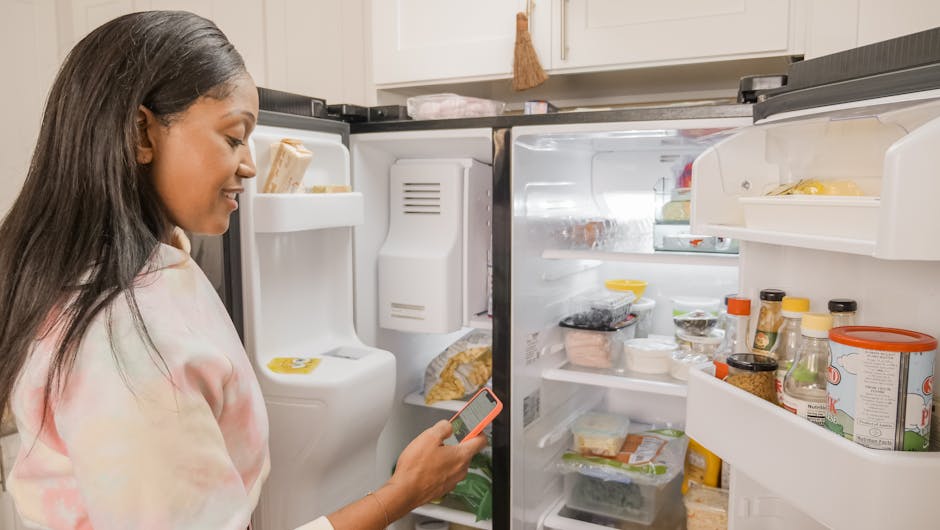AI Nutrition Tracking Stinks – Here’s Why
Artificial intelligence has transformed everything from shopping to healthcare, but one area where it’s falling short is nutrition tracking. Despite flashy promises, AI-powered diet apps are riddled with errors, leaving users frustrated and misinformed. Here’s why you should think twice before trusting them.
1. Inaccurate Food Recognition
AI nutrition apps claim to identify meals from photos, but real-world results are often laughably wrong. A bowl of dal might be labeled as “soup”, a roti as a “tortilla”, and a homemade Indian thali as a generic “buffet plate.”
Why This Happens:
- AI struggles with culturally diverse foods, especially regional cuisines.
- Misidentifying one ingredient skews the entire nutritional log, rendering data useless.
2. Portion Size Guesswork
Even when AI gets the food right, portion estimation is a gamble. Calorie counts vary widely based on preparation (e.g., biryani with extra ghee vs. a lighter version).
The Problem:
- Apps rely on generic databases, not real-world variations.
- Users often over- or underestimate intake, sabotaging fitness goals.
3. Lack of Personalization
Nutrition isn’t universal—what works for one person may harm another. Yet, AI apps ignore individual factors like:
– Metabolism
– Allergies
– Hormonal or kidney issues
The Risk:
- Generic high-protein advice could harm someone with kidney disease.
- Calorie suggestions may not account for metabolic differences.
4. Mental Health Risks of Hyper-Tracking
Constantly logging meals and obsessing over micronutrients can lead to:
– Orthorexia (unhealthy fixation on “clean” eating)
– Disordered eating patterns
– Anxiety around food choices
Key Takeaway:
Health is about balance, not algorithmic perfection.
5. Privacy Concerns
Many apps demand access to:
– Camera
– Location
– Health data
The Catch:
- Data is often sold to third parties, turning your diet into ad fodder.
What to Do Instead
- Consult a nutritionist for personalized guidance.
- Use manual tracking (e.g., MyFitnessPal or a food journal).
- Listen to your body—hunger cues beat AI guesses.
Final Verdict
AI nutrition tracking is more hype than help. Until it improves, rely on human expertise and intuitive eating. Your health isn’t just data for an algorithm.




